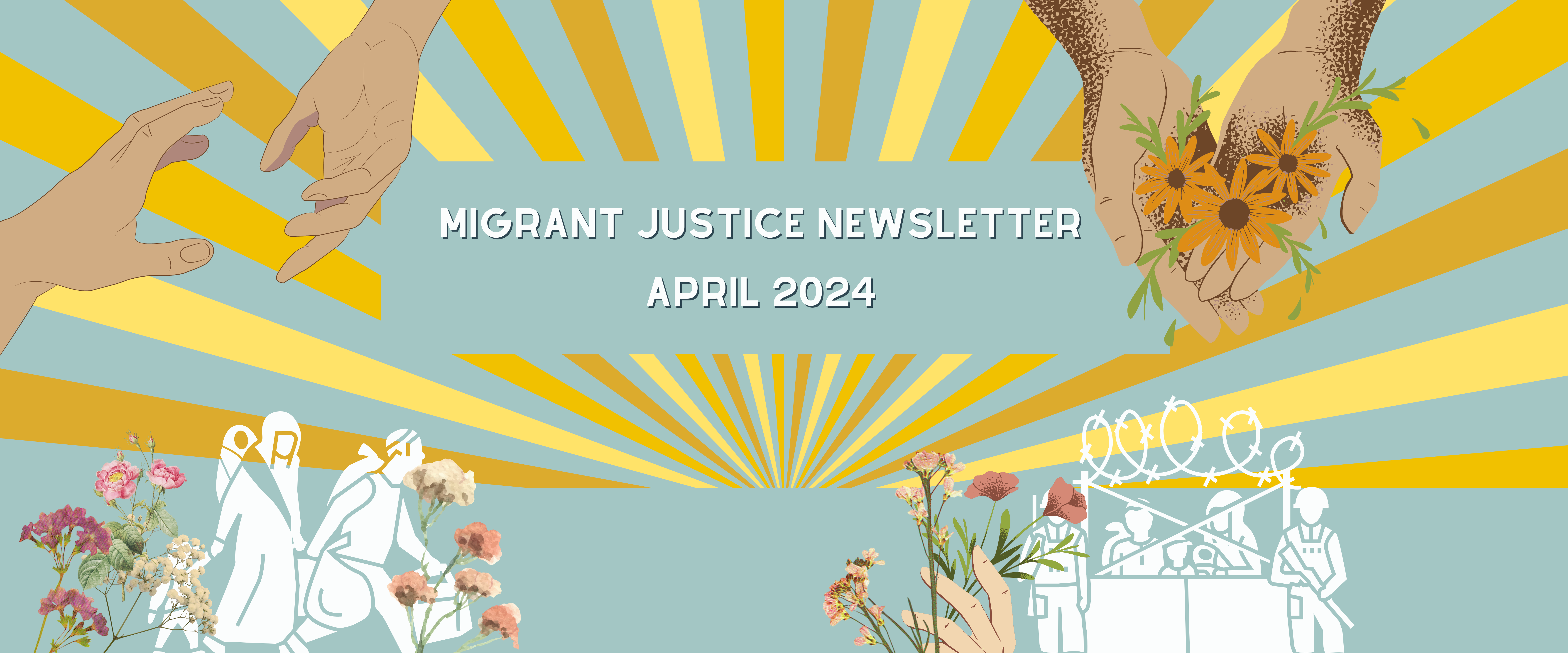In a court hearing in San Salvador on April 10, a judge upheld charges against five anti-mining activists known as the Santa Marta Five. The activists, arrested in January 2023, face charges of "illicit association" and an alleged murder dating back to the Salvadoran Civil War. Supporters believe that Bukele's administration targets them for their roles in the country's mining ban. Despite being granted house arrest in August 2023, international support calls for justice, as concerns arise over the motive behind their criminalization and its threat to the mining ban.
The Santa Marta Five, including Teodoro Antonio Pacheco and Saúl Agustín Rivas Ortega, are esteemed community leaders who fought against the US-backed military dictatorship in the 1980s. They played pivotal roles in rebuilding their community post-civil war and organizing against foreign mining companies in the 2010s, leading to the historic mining ban of 2017. However, their detention under Bukele's administration raises concerns about legal rights.
Bukele's rise to power signifies a shift from the promises of the 1992 peace accords, as his administration undermines democratic principles and human rights. Despite his efforts to combat gang violence, his tactics, including indefinite detention without due process, draw criticism. The state of exception, declared in 2022 and now permanent, suspends civil and political rights, posing a threat to human rights and the rule of law. The broader implications extend to environmental activism and economic interests, overshadowing the fight against gang violence.

